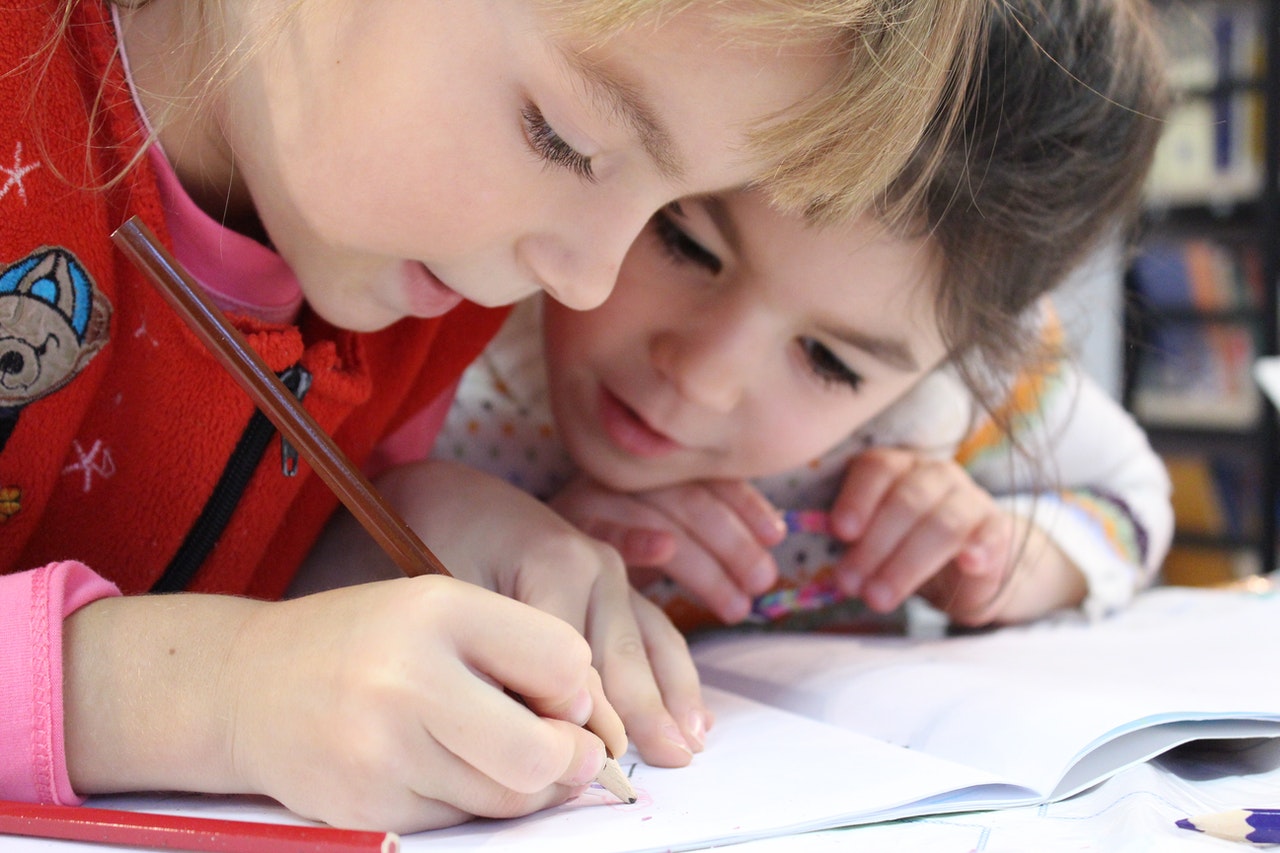The research is clear: the earlier you start, the better.
When it comes to education, early childhood is the foundation. That’s why every child needs access to high-quality preschool programs. Preschool helps children develop the social and emotional skills they’ll need to thrive in school and beyond. It also lays a foundation for success by developing language, literacy and math skills that are essential for later learning.
The reasons are numerous, and they’re no secret. A quality preschool education gives kids a foundation to build upon and reinforces what they learned at home. It also helps prepare them for the next phase of learning and socialization: kindergarten.
Stronger social and emotional skills
Preschool is a great place to practice social skills like sharing and taking turns. Children learn how to resolve conflicts peacefully and get along with others in their class. By helping kids develop these skills, preschool can help prevent bullying or other problems later on in school.
Preschool is also a good place for children to learn how to take responsibility for their actions. When they make mistakes, it’s important for them to understand that they’re not punished for making the mistake, but rather for not trying again when they make one.
Preschoolers are learning about themselves as individuals and how they fit in with the world around them. They’re also learning how to be independent, which means being able to do things without being told what to do every step of the way. Preschool teachers will support this independence by giving children opportunities to practice these skills within the classroom environment.
Higher academic performance
Children who attended a high-quality pre-kindergarten program performed better academically in kindergarten and third grade than children who did not attend preschool, according to a study by Stanford University researchers published in the journal Science in 2013.
The study compared two groups of students from low-income families — one group attended a highly effective early childhood education program called Abecedarian Project; the other group didn’t receive any early education at all but received free health care and nutrition services until kindergarten age (5 years old). Both groups started kindergarten at the same time and were followed until age 17.
The researchers found that children in the preschool group scored significantly higher on vocabulary and reading tests than children in the no-preschool group at age 10, 11 and 12. The effects were most pronounced at ages 10 and 11, when the differences between groups were most pronounced, according to researchers.
Better preparation for kindergarten
Kids who attend preschool are more likely to be ready for kindergarten and do better in school. Their language skills are stronger, and they’re more likely to know their numbers, letters and colors. A study by the National Institute for Early Education Research found that children who attended high-quality preschool programs were more likely to meet state standards in math at age 8 than those who didn’t attend preschool or attended lower-quality programs.
Children who go to high-quality preschools are also less likely to repeat grades or need special education services. A study published in 2010 by the National Bureau of Economic Research found that kids who attended a state-funded pre-K program were less likely to repeat grades or need special education services than kids who didn’t attend pre-K programs. And kids who attended Head Start had higher math scores at age 3 than kids who didn’t participate in Head Start; they also had higher reading scores at age 5 than kids who didn’t participate in Head Start, according to a 2011 study from the Center for Research on Children & Families at the University of California at Berkeley School of Public Health.
It’s never too early to start cultivating a beneficial learning environment for children. Their preschool years are critical to laying the groundwork that will shape how they learn and interact with others, so it’s important to start as you mean to go on. By structuring lessons that center around fun and activity, rather than being driven by competition or memorization, children will be better prepared for what lies ahead in their academic careers.

